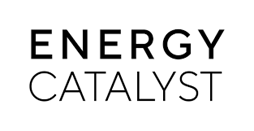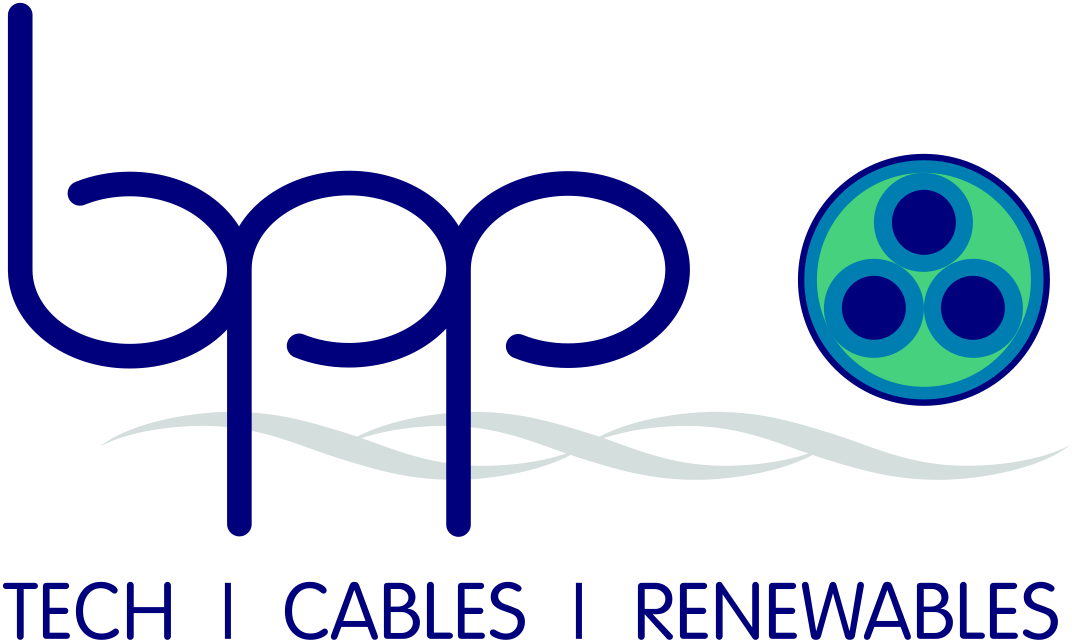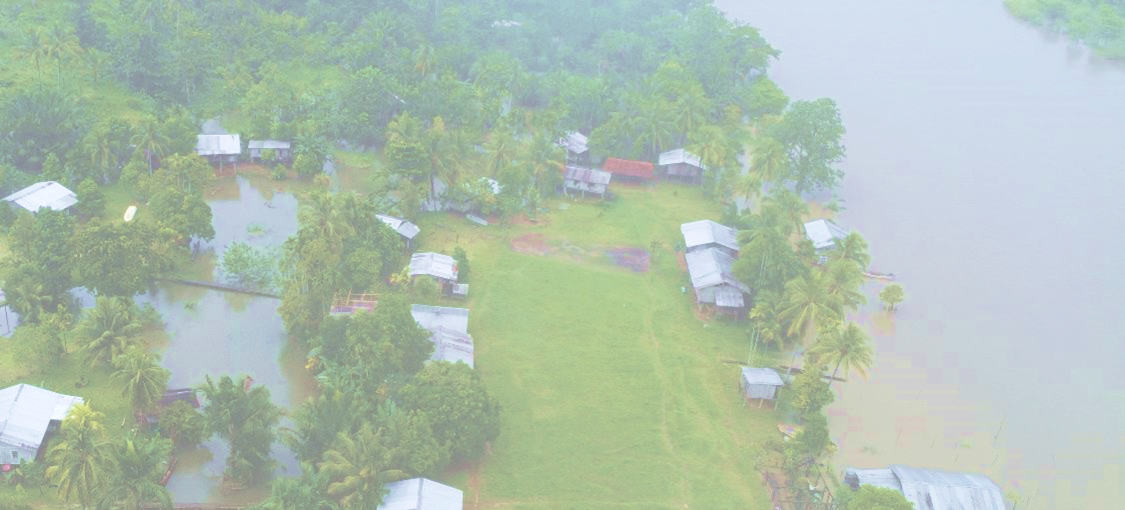Solar Energy Storage Mechanism for Rural/Remote Household Deployment
Purpose
BPP Renewables (UK) and Future Value Global (AUS & PNG) are collaborating to electrify an entire small village of 20 households with renewable energy in the Kikori District, Gulf Province, Papua New Guinea (PNG). This is supported with funding from Innovate UK’s Energy Catalyst.
This project will identify and demonstrate a reliable, low cost and low carbon energy storage system for deployment in remote, poorly electrified communities with significant constraints, including geographic isolation.
The objective is to test a demonstrator solar-battery system against efficiency, efficacy, reliability, affordability, and modality measures specifically for isolated areas. A scalable business model will enable ongoing deployment in PNG and replication to other Indo-Pacific
Constraints
Remote communities in PNG face a multitude of development challenges, including high rates of monetary poverty, low educational achievement, and 82.1% having no access to electricity.
In the Gulf Province, and Kikori District in particular, just 1% of households use electricity for lighting, with almost all other households using open fires for cooking and lighting. Some households rely on carbon intensive diesel gensets, which are costly to run and maintain.
With large areas of the province inaccessible by road and reliant on river transport, there is a widespread lack of basic services infrastructure such as clean water, sanitation and health access, contributing to high under-five and maternal mortality rates, high youth unemployment, and numerous other social challenges.
Just 10-15% of the population is engaged in the formal workforce.
Expected Outcomes
The appropriateness of energy storage methods must be matched with a low cost of entry for remote households. This requires a modular system of components that can be easily transported and installed in remote, often challenging locations. Circularity principles in the supply chain will support ongoing deployment and management of e-waste.
By choosing to electrify a whole village, this project aims to help lift all households out of poverty, rather than just a few. The community and developers will work together on effective governance, training and maintenance to sustain the project beyond installation.
Anticipated outcomes for the project include:
- Increasing energy access, which directly impacts women & young girls.
- Reduction in the use of local vegetation for fuel & harmful smoke inhalation.
- Improvement in poverty-related measures, including education & local business enterprises.
- Creation of highly skilled jobs to support the deployment & maintenance of the systems in remote communities.
- A scalable business & distribution model.
- Contribution to PNG’s 2030 electrification targets.
Funders


Our Partners

Expertise
- Renewable energy solutions, inc. mini grids
- Green Hydrogen
- FEED Studies
- System commissioning & installation
- Community engagement
- Meeting critical socio-economic needs

